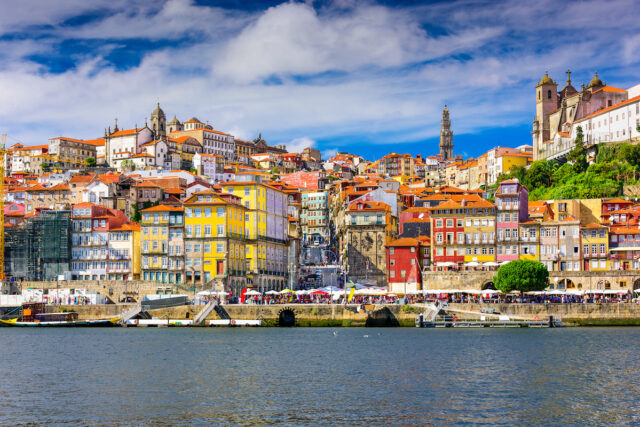Antonio Leitao Amaro announced the launch of a “solidarity visa” scheme, designed to complement Portugal’s existing golden visa program. Since 2012, this program has allowed non-EU nationals to gain residency by investing in Portugal.
The golden visa scheme has brought in over €7.3 billion ($7.94 billion) but has also contributed to a housing crisis. Recent changes to the program reflect these concerns. Previously, foreigners could secure a visa by purchasing real estate, but this option is no longer available. Instead, applicants can now invest in funds, donate to cultural or research projects, or create jobs.
“We haven’t changed the existing scheme, but we’ve introduced two types of solidarity visas,” Leitao Amaro explained in a phone interview. This announcement came shortly after the Portuguese government revealed new plans to tighten some immigration rules.
One type of solidarity visa aims to encourage investments in affordable housing for locals to buy or rent. The other focuses on building accommodation for migrants in need or funding projects that promote integration.
Portugal is home to about 800,000 migrants, nearly double the number from a decade ago. Despite their significant contributions to the economy, migrants often face precarious jobs and lower wages, according to the Migration Observatory. Housing remains a critical issue, with many migrants living on the streets or in overcrowded apartments due to high rents and property prices driven by tourism in cities like Lisbon and Porto.
To qualify for the current golden visa scheme, applicants must invest between €250,000 to €500,000, depending on the investment type. Leitao Amaro noted that the investment required for the new solidarity visa would be set lower to encourage participation.

























